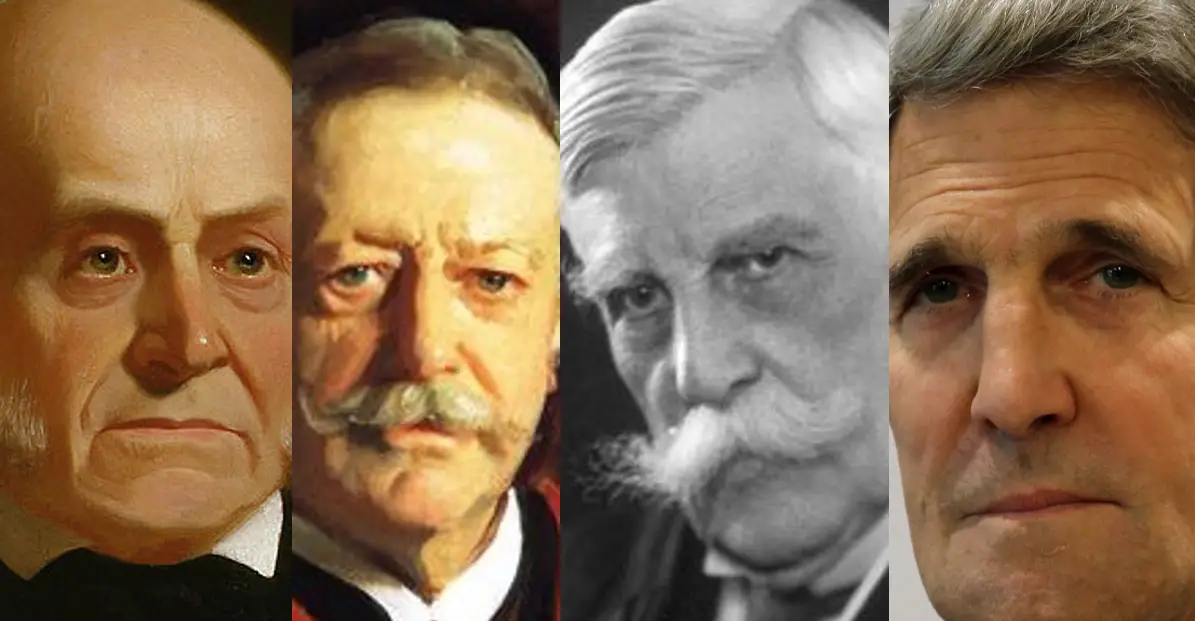The Boston Brahmin, a term coined by Oliver Wendell Holmes in 1861, refers to the aristocratic class of New England, particularly in Boston, who have wielded significant influence in American politics, finance, and culture for centuries. This group of individuals, often descended from English Puritan stock, has played a pivotal role in shaping the country’s history, from the American Revolution to the present day.

Early History and Roots
The Boston Brahmin’s roots date back to the 17th century, when English Puritans settled in the Massachusetts Bay Colony. These early settlers, including notable figures such as John Winthrop and John Cotton, established a theocratic government and a strong sense of community, which would later become the hallmark of the Boston Brahmin. As the colony grew and prospered, the Brahmin’s influence expanded, with many families accumulating wealth, power, and prestige through trade, commerce, and politics.
Influence in American Politics
Throughout American history, the Boston Brahmin have been instrumental in shaping the country’s politics. Many prominent Brahmin families, such as the Adams, Cabot, and Lodge families, have produced notable politicians, including presidents, senators, and congressmen. These individuals have held significant sway in shaping national policy, from the American Revolution to the present day.
Some notable examples of Boston Brahmin in American politics include:
- John Adams, one of the founding fathers and second President of the United States
- Henry Cabot Lodge, a prominent senator and historian
- George Cabot Lodge, a poet and politician
- Henry Adams, a historian and writer, and great-grandson of John Adams
- John F. Kennedy, the 35th President of the United States, who, although not a direct descendant of the original Brahmin families, was closely tied to the group through his marriage to Jacqueline Bouvier, a member of the prominent Bouvier family.
Cultural and Social Influence
The Boston Brahmin’s influence extends far beyond politics, with significant contributions to American culture, literature, and society. Many notable writers, artists, and intellectuals have emerged from this group, including:
- Ralph Waldo Emerson, a leading figure in the Transcendentalist movement
- Nathaniel Hawthorne, a celebrated novelist and short story writer
- Oliver Wendell Holmes, a poet, essayist, and jurist
- William James, a philosopher and psychologist
- Isabella Stewart Gardner, a prominent art collector and philanthropist
The Boston Brahmin have also played a significant role in shaping American higher education, with many notable institutions, such as Harvard University, founded and dominated by members of this group.
Decline and Legacy
In the mid-20th century, the Boston Brahmin’s influence began to wane, as the group’s traditional values and power structures were challenged by changing social and economic conditions. The decline of the Brahmin’s dominance in politics, finance, and culture was accelerated by the rise of new elite groups, including the Irish and Italian-American communities in Boston.
Despite their declining influence, the Boston Brahmin’s legacy continues to shape American politics, culture, and society. The group’s commitment to public service, intellectual curiosity, and cultural philanthropy has left an indelible mark on the country, and many of its descendants continue to play important roles in American life.
FAQ
- What is the origin of the term "Boston Brahmin"?
The term "Boston Brahmin" was coined by Oliver Wendell Holmes in 1861, in reference to the city’s aristocratic class. - What are the key characteristics of the Boston Brahmin?
The Boston Brahmin are known for their English Puritan ancestry, their commitment to public service, their intellectual curiosity, and their cultural philanthropy. - Who are some notable examples of Boston Brahmin in American politics?
Notable examples include John Adams, Henry Cabot Lodge, and John F. Kennedy. - What is the significance of the Boston Brahmin in American culture?
The Boston Brahmin have made significant contributions to American literature, art, and intellectual life, with notable figures including Ralph Waldo Emerson, Nathaniel Hawthorne, and Oliver Wendell Holmes. - Is the Boston Brahmin still a dominant force in American politics and culture?
No, the Boston Brahmin’s influence has declined in recent decades, as new elite groups have risen to prominence in American politics and culture.
Conclusion
The Boston Brahmin, a group of aristocratic families who have wielded significant influence in American politics, finance, and culture for centuries, have left an enduring legacy on the country. From the American Revolution to the present day, the Brahmin have played a pivotal role in shaping the nation’s history, with many notable figures emerging from this group. While their influence has declined in recent decades, the Boston Brahmin’s commitment to public service, intellectual curiosity, and cultural philanthropy continues to shape American life, and their legacy will be felt for generations to come.
As the United States continues to evolve and grow, the Boston Brahmin’s story serves as a reminder of the importance of tradition, community, and public service in shaping the nation’s future. The group’s decline also highlights the changing nature of power and influence in American society, as new elite groups emerge and old ones fade. Ultimately, the Boston Brahmin’s legacy serves as a testament to the enduring power of ideas, values, and community in shaping the course of American history.
Closure
Thus, we hope this article has provided valuable insights into The Boston Brahmin: A Legacy of Power and Influence in American Politics. We thank you for taking the time to read this article. See you in our next article!

